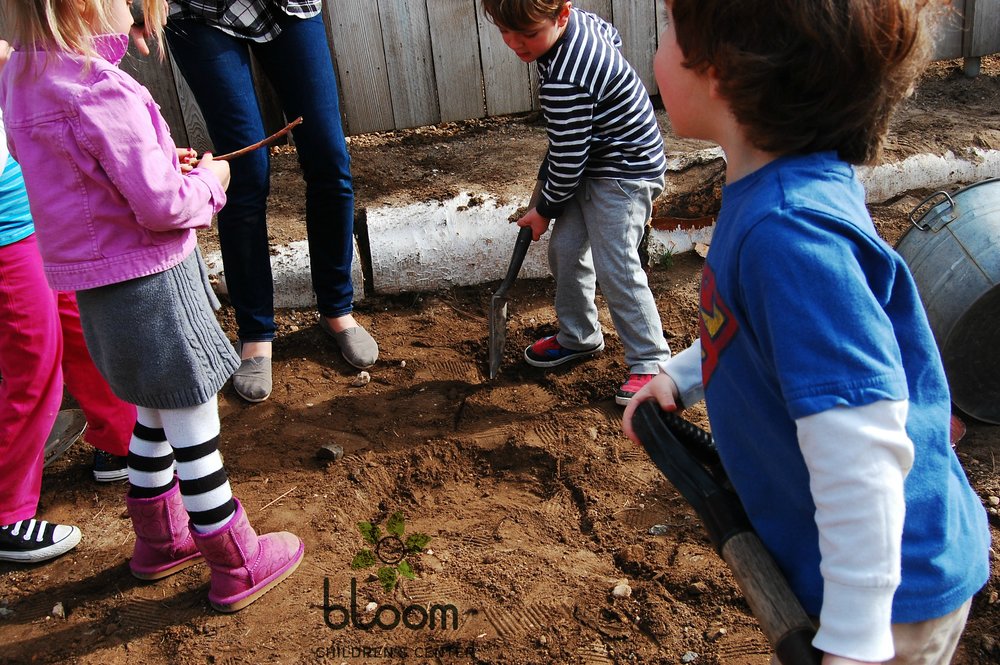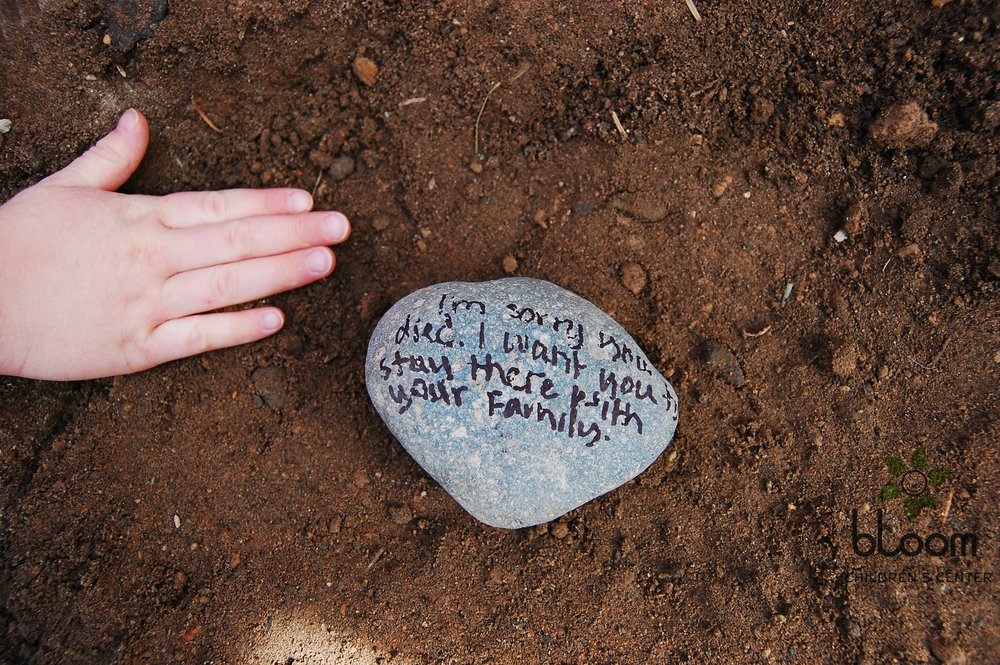Experiencing Death and Grief
/One of our very favorite early childhood educators Bev Bos has been known to say that songs and stories about death MUST be in the child's life BEFORE death happens. I think she is right. I think that in order to draw strength from such songs and stories, one must have them already in the mind and heart for access in time of need. I also think experiences with death are equally important.
Two of our favorite stories to read with children on the subject are...
Goodbye Mousie by Robie H Harris

and Saying Goodbye to Lulu by Corinne Demas

We read these books frequently, and I've often loaned them out to families who find themselves nearing the end of a pet's life.
Our society often does a very strange thing by avoiding the topic of death. Adults often find themselves at a loss for how to handle the topic of death with their children because they haven't properly learned how to handle it themselves...and how to grieve.
The above books do a great job at addressing common thoughts and feelings when a loved one is dying in a very simple straight-forward way for children (and adults too).
This week, our very last preschool pet snail died. The children knew exactly what to do.
They gathered outside and dug a hole in which the snail would be buried.

The snail was placed in the hole. I was helping children who were not directly involved with the burial, so I didn't hear all of the conversation surrounding the burial. As the conversation seemed to be winding down, I overheard the question raised, "does anyone else have something to say about the snail before it is buried?" (note: this is a sign of a FABULOUS teacher!)
Next thing I knew, that same teacher was writing something. The children had selected a stone and asked her to write a note to the snail on it so they could use it on the snail grave as a marker.

I have absolute faith that when the death of a loved one (pet or human) is near for these children they will have stories and experiences from which to draw strength in guiding them through the grief process.

"I'm sorry you died. I want you to stay there with your family."
I think this is an example of a time when we adults would do well to follow the children's lead!
(It is worthy noting that when asked who the snail's family was, a little girl immediately responded "the other dead snails of course!")

